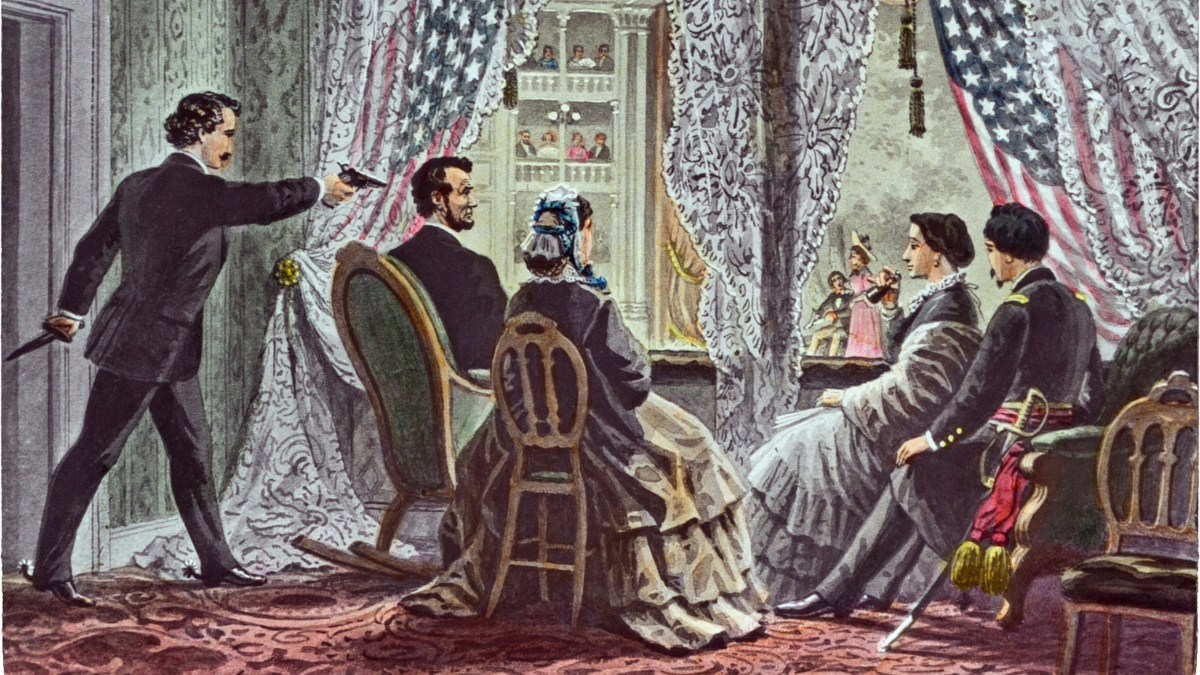The claim that U.S. President Abraham Lincoln established the Secret Service on the same day he was assassinated by actor John Wilkes Booth has circulated on the internet for more than a decade.
For example, Snopes traced one version of the claim to an article published on Sept. 8, 2012, by the blog, Today I Found Out (archived here), and on social media posts like this one shared to X:
Abraham Lincoln approved the formation of the Secret Service on the day of his assassination. #JFKDeclassified
— HISTORY (@HISTORY) April 26, 2017
Lincoln was shot in the back of the head with a .44 derringer pistol on the night of April 14, 1865, at approximately 10:20 p.m. while attending "Our American Cousin," a play at the Ford’s Theater in Washington, D.C. He died the following day on April 15, 1865, at age 56.
And yes, it is true the president created the U.S. Secret Service (USSS) on the day he was shot, according to White House records kept by the National Archives:
On the advice of Secretary of the Treasury Hugh McCulloch, President Lincoln established a commission to stop this rapidly growing problem that was destroying the nation's economy [counterfeiting], and on April 14, 1865, he created the United States Secret Service to carry out the commission's recommendations.
The formation of the Secret Service and the assassination of Lincoln have long been intertwined, leaving some to wonder why Lincoln wasn’t protected after signing the agency into existence. That’s because, according to the National Park Service, the Secret Service wasn’t initially created to protect the president but was to combat counterfeiting. As such, the department was officially formed as part of the Department of Treasury, on July 5, 1865.
In the decades following, the objective of the agency shifted slightly, according to the USSS:
In 1901, following the assassination of President William McKinley in Buffalo, New York, the Secret Service was first tasked with its second mission: the protection of the president. Today, the Secret Service's mission is two-fold: protection of the president, vice president and others; and investigations into crimes against the financial infrastructure of the United States.
Since 1901, each president from Theodore Roosevelt on has been under the protection of the Secret Service.
Today, the agency notes that its “mission is two-fold: protection of the president, vice president and others; and investigations into crimes against the financial infrastructure of the United States.”

